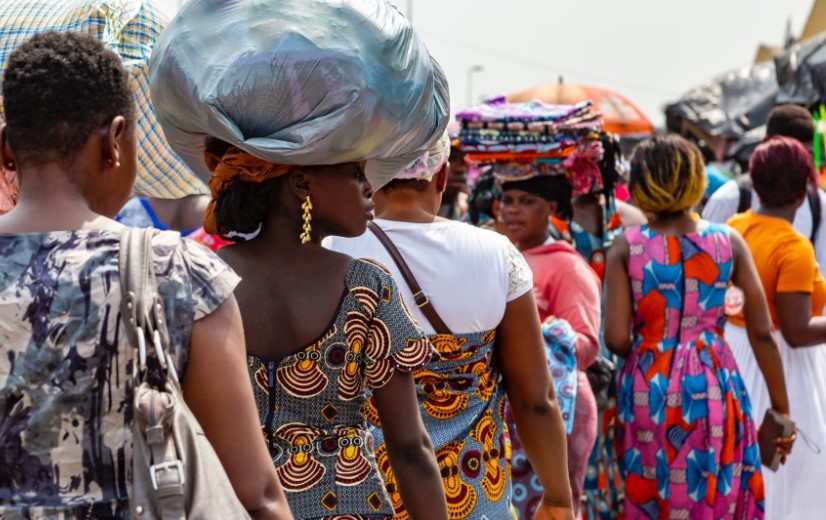More than two hundred women have received training on the importance of climate change, environment, social safeguards and trade.
The training is through a partnership between Trade Mark East Africa and the County Government of Busia.
Trade, Industry, Investment and Cooperatives Chief Officer Mr Kennedy Mbaja asked women in business to invest in cereal crops that produce edible oil.
“As a county, we are about to have our own industrial park and what can we do that is unique from others? Let us form groups and register with cooperatives and plant simsim, groundnuts, avocado, sunflower and soya beans which will help us get oil and its by-products,” he said.
Further, he said the County has a favourable climate and soil for the production of groundnuts, cashew nuts, simsim, soya beans and sunflowers that are rich in the production of oil.
“We urge farmers to try oil palm, sesame, sunflower, groundnuts and soya beans on a large scale to supplement the sugarcane they have been growing for many years now,” he added.
On his part, PROCESS Limited Mr Patrick Ino said the overall objective of the workshop is to help women in trade to increase their income and their capacity to participate in trade and also improve their resilience towards climate change.
“Today we want to empower women to overcome the challenges that come with climate change, adaptation and mitigation of environmental issues in line with World Bank environment and social safeguard standards,” he revealed.
To assist them to be resilient in their businesses against climate change, women who trade in a variety of commodities, including fish, fruits, and general hotel foodstuffs, women have been taught climate change adaptation and mitigation techniques.
According to Florence Atieno, the chairwoman of the Cross Border Women Traders Association, women have learned the distinction between weather and climate change, as well as how to recycle and dispose of rubbish.
The majority of women in Busia County work as traders of consumable food items, so it is important to educate them on the best ways to maintain hygiene while they try to maximise their income.









